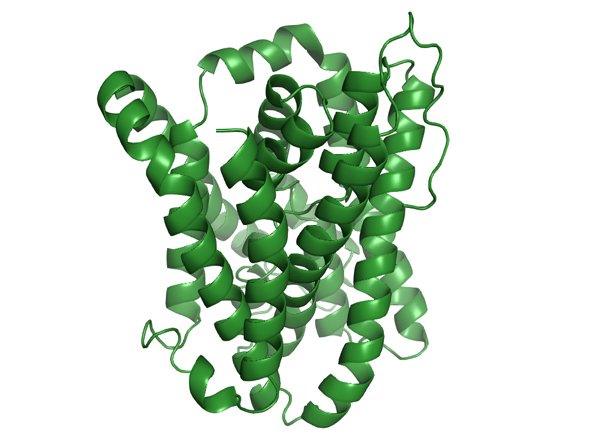Bioinformatics Database
SLC10A7: Solute carrier family 10 member 7

Cellular Process
Enamel formation
Gene Name
SLC10A7: Solute carrier family 10 member 7
Gene ID
84068
Gene Sequence
General Description
SLC10A7 encodes a 340-amino acid protein that contains a typical sodium/bile acid cotransporter family (SBF) domain, 10 possible transmembrane domains, and a putative O-linked glycosylation site. SLC10A7 is expressed at high levels in liver and lung, moderate levels in placenta, kidney, spleen, and thymus, and low levels in heart, prostate, and testis.
Alternative titles; symbols
Chromosome
Chromosome 4
Cytogenetic location
4q31.22
Encoded Protein
Sodium/bile acid cotransporter 7 isoform b
Function of the protein in oral and tooth development
Slc10a7 transcripts were expressed in the epithelium of the developing mouse tooth, bones undergoing ossification (Laugel-Haushalter, 2019). Studies with patients with amelogenesis imperfecta and muation in SLC10A7 gene suggest a possible role of SLC10A7 in calcium homeostasis. Dental defects could be due to a small misregulation in calcium homeostasis, sufficient to induce enamel defects (Laugel-Haushalter, 2019).
Dental and Oral Diseases
Amelogenesis Imperfecta
(Short stature, amelogenesis imperfecta, and skeletal dysplasia with scoliosis)
(OMIM ID: 611459)
Protein Sequence
>NP_001025169.1 sodium/bile acid cotransporter 7 isoform b [Homo sapiens]
MRLLERMRKDWFMVGIVLAIAGAKLEPSIGVNGGPLKPEITVSYIAVATIFFNSGLSLKTEELTSALVHL
KLHLFIQIFTLAFFPATIWLFLQLLSITPINEWLLKGLQTVGCMPPPVSSAVILTKAVGGNEAAAIFNSA
FGSFLGIVITPLLLLLFLGSSSSVPFTSIFSQLFMTVVVPLIIGQIVRRYIKDWLERKKPPFGAISSSVL
LMIIYTTFCDTFSNPNIDLDKFSLVLILFIIFSIQLSFMLLTFIFSTRNNSGFTPADTVAIIFCSTHKSL
TLGIPMLKIVFAGHEHLSLISVPLLIYHPAQILLGSVLVPTIKSWMVSRQKGVKLTRPTV
Mutations
IVS8AS, A-G, -16; GLY112ASP: Ashikov et al. (2018) identified a splice site mutation (c.722-16A-G) in intron 8 of the SLC10A7 gene, and a c.335G-A transition, resulting in a gly112-to-asp substitution at a conserved residue.
LEU74PRO: In a study, Dubail et al. (2018) reported homozygosity for a c.221T-C transition in exon 3 of the SLC10A7 gene, resulting in a leu74-to-pro (L74P) substitution.
GLY130ARG: In a 12-year-old Iranian boy with short stature, amelogenesis imperfecta, and skeletal dysplasia with scoliosis, Dubail et al. (2018) identified homozygosity for a c.388G-A transition in exon 4 of the SLC10A7 gene, resulting in a gly130-to-arg (G130R) substitution at a highly conserved residue.
GLN172TER: Dubail et al. (2018) identified a c.514C-T transition in exon 7 of the SLC10A7 gene, resulting in a gln172-to-ter (Q172X) substitution.
Related Literature
Laugel-Haushalter et al., (2019): https://doi.org/10.3389/fgene.2019.00504
Dubail et al.b (2018): https://doi.org/10.1038/s41467-018-05191-8
Ashikov et al., (2018): https://doi.org/10.1093/hmg/ddy213
